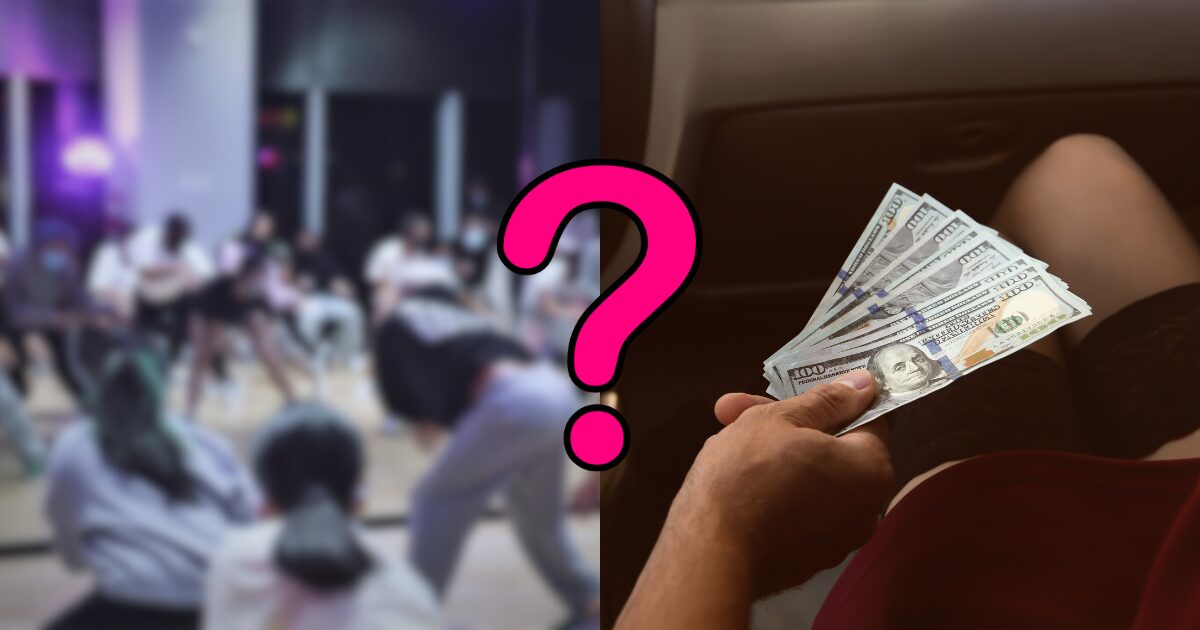Disturbing Claims Surface: K-Pop Idols Allegedly Coerced Into Sponsorships
A recent viral video has sparked controversy, with claims suggesting that some of the biggest names in K-Pop can be bought for sex. The video features individuals alleging that female idols and celebrities are being approached with these offers, though they fail to provide concrete evidence to back their statements.
While the claims made in the video lean heavily on hearsay, they have reignited discussions about the darker side of the K-Pop industry. Drawing from past idols’ experiences reveals a complex web of sponsorships that often blur the lines of consent.
The Reality of Sponsorships
For many idols who have bravely shared their stories, the issue revolves less around one-time transactions and more about persistent sponsorships. These arrangements typically entail a troubling exchange of financial support for sexual favors.
Dal Shabet member Serri has openly discussed her encounters with such offers, recalling how she was approached via Instagram DMs, despite her agency’s refusal to acknowledge these proposals. "Rejecting offers can have negative outcomes," she noted, highlighting the precarious position many idols find themselves in.
Not Just a Female Issue
It’s crucial to understand that the pressures of sponsorships aren’t confined to female idols. Male trainees have also come forward with alarming testimonials, shedding light on their own experiences. One male trainee recounted how his agency orchestrated a meeting with a female sponsor who initially offered small “allowances” and gifts. However, these gestures soon turned into significant monetary proposals linked with unsettling expectations.
“After four months, she sent me a message saying, ‘I’m lonely these days. Can you come over?’” he shared, emphasizing the often coercive nature of these relationships. “They usually want skinship, or they ask us to stay a night.”
Coercion vs. Choice
In various countries, sex work can be a conscious job choice. However, within the K-Pop industry, many idols feel they have no genuine choice due to financial pressures and mounting debts.
One anonymous trainee reflected on the intense pressure to conform. “People around us will tell us, ‘Just accept it, they’re sponsoring you, so just take it,’” they shared, revealing how many idols may find themselves trapped. “In the end, I realized that I accepted up to ₩2.00 million KRW (about $1,450 USD) to ₩3.00 million KRW (about $2,180 USD) due to my debts from sponsors.”
Conclusion
While the sensational claims circulating online may be based on anecdotal evidence, they highlight a troubling reality some idols face. These experiences serve as a reminder of the underlying issues that persist in the glamorous world of K-Pop—issues that demand further scrutiny and conversation within the industry.




